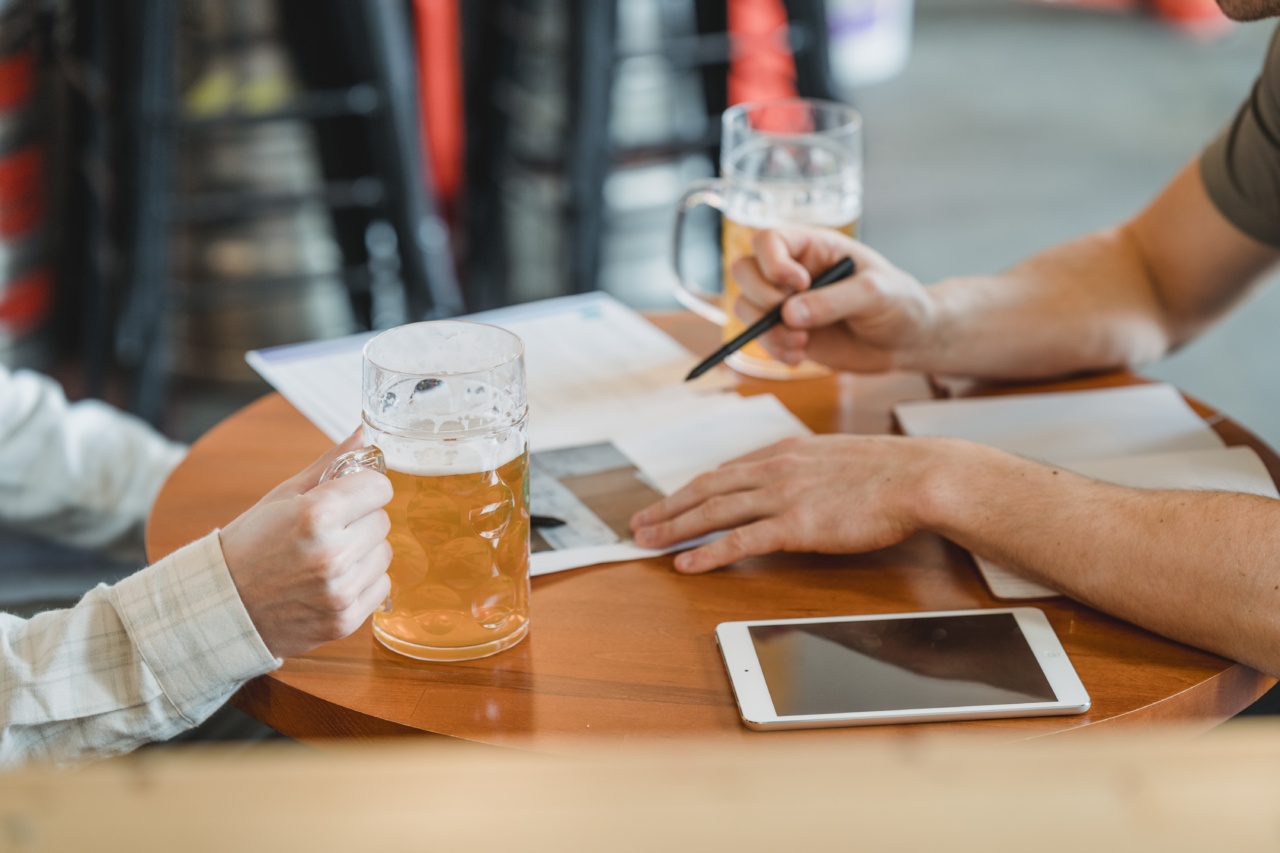Alcohol consumption and problematic behavior have a complex relationship.
Heavy or regular alcohol consumption is commonly associated with a range of problematic behaviors such as violence, aggression, criminal activity, drug use, and risky sexual behavior. Excessive alcohol consumption can cause a range of negative outcomes for those who consume it, from health problems to legal issues.
What are problematic behaviors associated with alcohol consumption?
Alcohol consumption and problematic behavior go hand in hand. When people drink too much alcohol, their inhibitions are reduced, and they become more prone to risk-taking and impulsive behavior. This can lead to a range of problematic behaviors, such as:.
Drunk driving
In 2018, 10,511 people died in alcohol-impaired driving crashes, accounting for 29% of all traffic-related deaths in the United States.
This is a clear sign that alcohol consumption is directly linked to problematic behavior, including driving under the influence.
Violence and aggression
Alcohol consumption has been linked to violence and aggression. Studies show that alcohol use is a significant predictor of interpersonal violence, and individuals who consume more alcohol are more likely to engage in violent behavior.
Criminal activities
Alcohol consumption is also linked to criminal activities such as theft, assault, and drug abuse. Research shows that alcohol use during adolescence increases the likelihood of criminal activity later in life.
Risky sexual behavior
Excessive alcohol consumption can lead to risky sexual behavior. Studies show that alcohol use is associated with unprotected sex, multiple sexual partners, and sexual assault.
What are the effects of alcohol on behavior?
Alcohol affects the brain and can alter behavior in many ways. When individuals consume alcohol, it affects their decision-making skills, emotional processing, and motor coordination.
Alcohol reduces inhibitions, which can lead to impulsive and risky behavior.
How does alcohol affect the brain?
Alcohol affects the brain in several ways, including:.
Slowed brain function
Alcohol slows down brain function, which can lead to drowsiness, impaired emotions, impaired memory, and impaired motor coordination.
Increased aggression
Alcohol can also increase aggression and reduce the ability to control impulses.
Impaired judgment
Alcohol impairs judgment and decision making, which can lead to risky behavior such as drunk driving or unprotected sex.
Conclusion
The link between alcohol consumption and problematic behavior is well-established. Heavy and prolonged alcohol consumption can lead to a range of negative outcomes, including violence, criminal activities, and risky sexual behavior.
Alcohol alters brain function and impairs judgment, leading to risky and impulsive behavior. It is essential to educate people on the risks associated with alcohol consumption and encourage responsible drinking practices.































